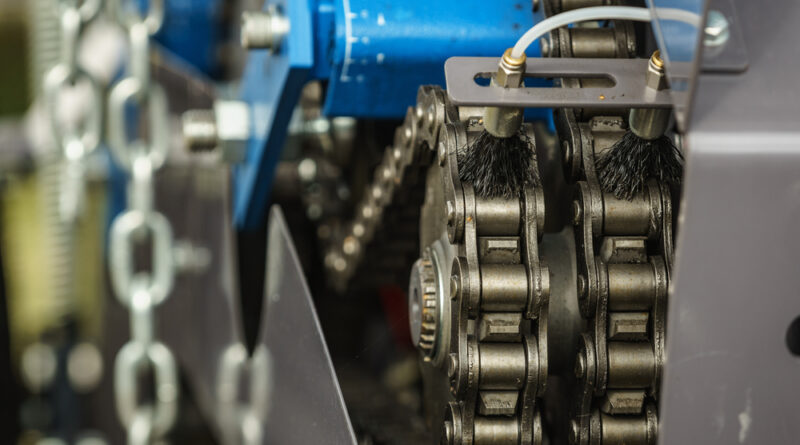How Can The Food And Pharmaceutical Sectors Benefit From Interroll’s New Material-Handling Technologies?
With the introduction of new technology that adheres to strict hygiene standards, Interroll parts are extending its current product portfolio of conveying solutions for other sectors.
Why Interrolls?
Based on the advantages provided by Interroll parts and widely used digital solutions, the new Modular Sanitary Platform (MHP) will now provide modular solutions that are adaptable and based on hygienic product design principles. In addition to maximizing energy and operational efficiency, the business claims that this makes it feasible to increase food safety and shelf life drastically.
For instance, the new SHC offers system integrators and customers who must fulfill very stringent hygiene criteria the extra customer value provided by the widely used MCP. As a result, extremely effective, zero-pressure-accumulation material flows are now possible.
System integrators can manage both the basic and extremely complicated duties in the automatic conveying of food products and other hygiene-sensitive items thanks to the platform’s flexibility, which can always be easily integrated and expanded from tested components as a plug-and-play flexible solution. As a result, the SHC has a wide variety of applications, from use in dynamically networked industrial contexts to automated conveyors without the need for a PLC.
When compared to consolidated drive systems that operate constantly, the decentralized drive concept utilized in the SHC is reported to save up to 50% power in start-stop operation alone. When transporting standard E2 crates, where sanitary conditions are required, this culminates in a noise level that improves the working environment and reduces wear and tear.
Improved shelf life for food transport and manufacturing
The cutting-edge SHC platform is created using a sturdy construction and is distinguished, among many other reasons, by the way, that it is designed to let cleaning solutions drain off freely.
The SHC system enables both roller and belt conveyors. All of these interroll parts, including the electrical components like RollerDrive and control techniques (IP 55 MultiControl), are accredited to at least IP 55 and shielded against splashing water, allowing for quick cleaning procedures and preventing any liquid residues from remaining inside the conveyor that might cause business-critical functional or hygienic issues.
Interroll parts, a pioneer in global technology, has long taken ownership of enhancing global food supply and safety. Leading businesses in the sector throughout the world, for instance, employ the company’s extremely sophisticated and small drum motors, which adhere to the strictest cleanliness standards.

They make sure that the automated flow of material systems performs very well, conserves energy, and adhere to the highest standards of hygiene. Additionally, Interroll is introducing the Ultra Hygienic Transfer, also known as UHT, an automated system designed especially for use in facilities dedicated to the processing of poultry which is expected to have the best interroll parts until now.
A crucial process step in the chopping of chicken flesh is now substantially more sanitary thanks to this disruptive innovation solution, which may help extend the shelf life of chicken goods.
The goal of the food processing sector is to employ farm animals or agricultural products to create a variety of delicacies. As per a recent poll, food and beverage firms continue to generate income notwithstanding a stagnant economy and expect to boost spending on new goods and technology to support growth. Companies report they are increasing their attention on food regulations and safety compliance while yet maintaining a cost- and efficiency-driven mindset while investing in expansion.
The effectiveness of gear motors compared to asynchronous drum engines and the new synchronous snare motor was thoroughly studied by Interroll at their testing facility. Consequently, companies in the food industry are using interroll parts to adapt alterations in the regulatory environment proactively.
